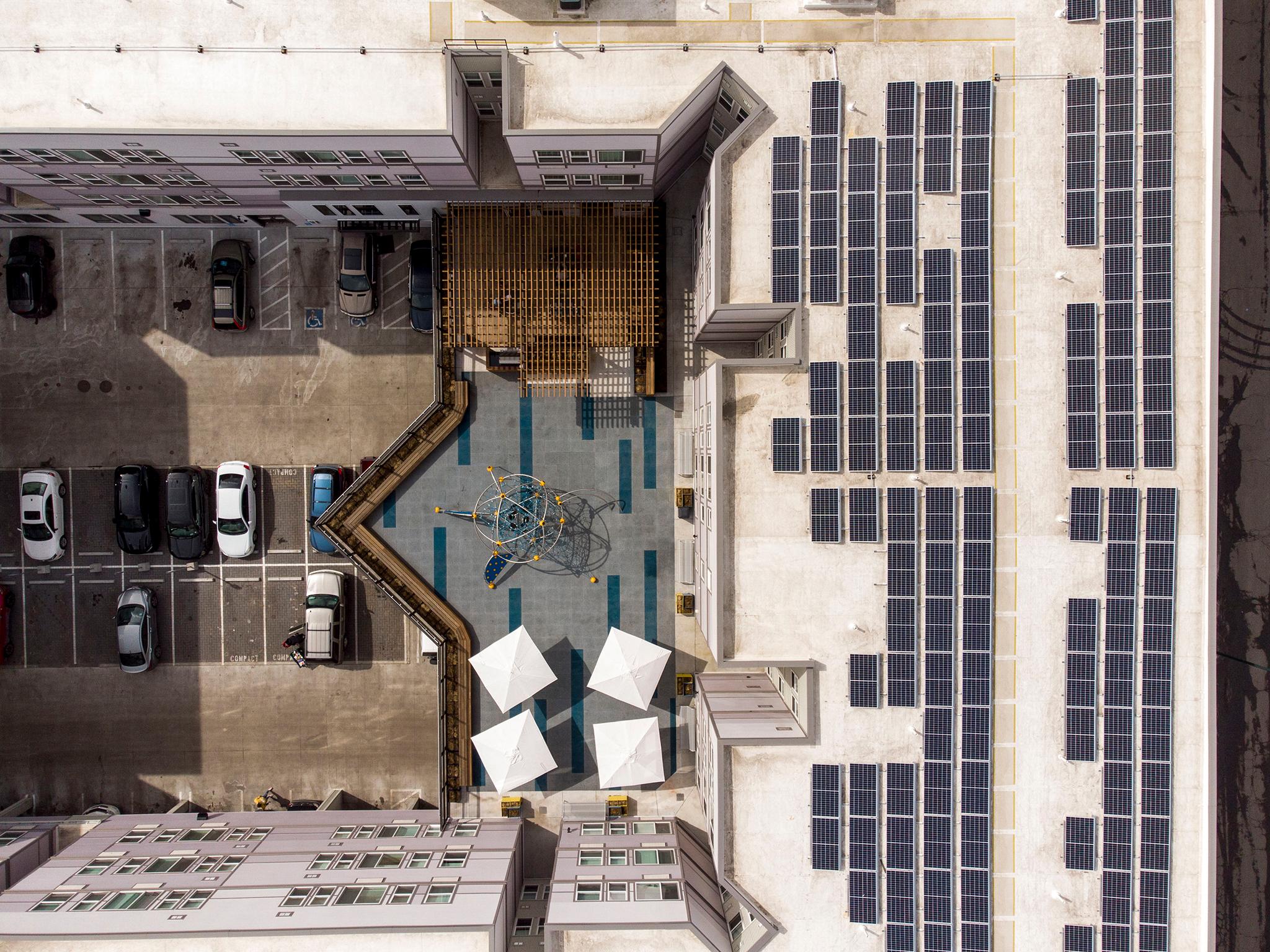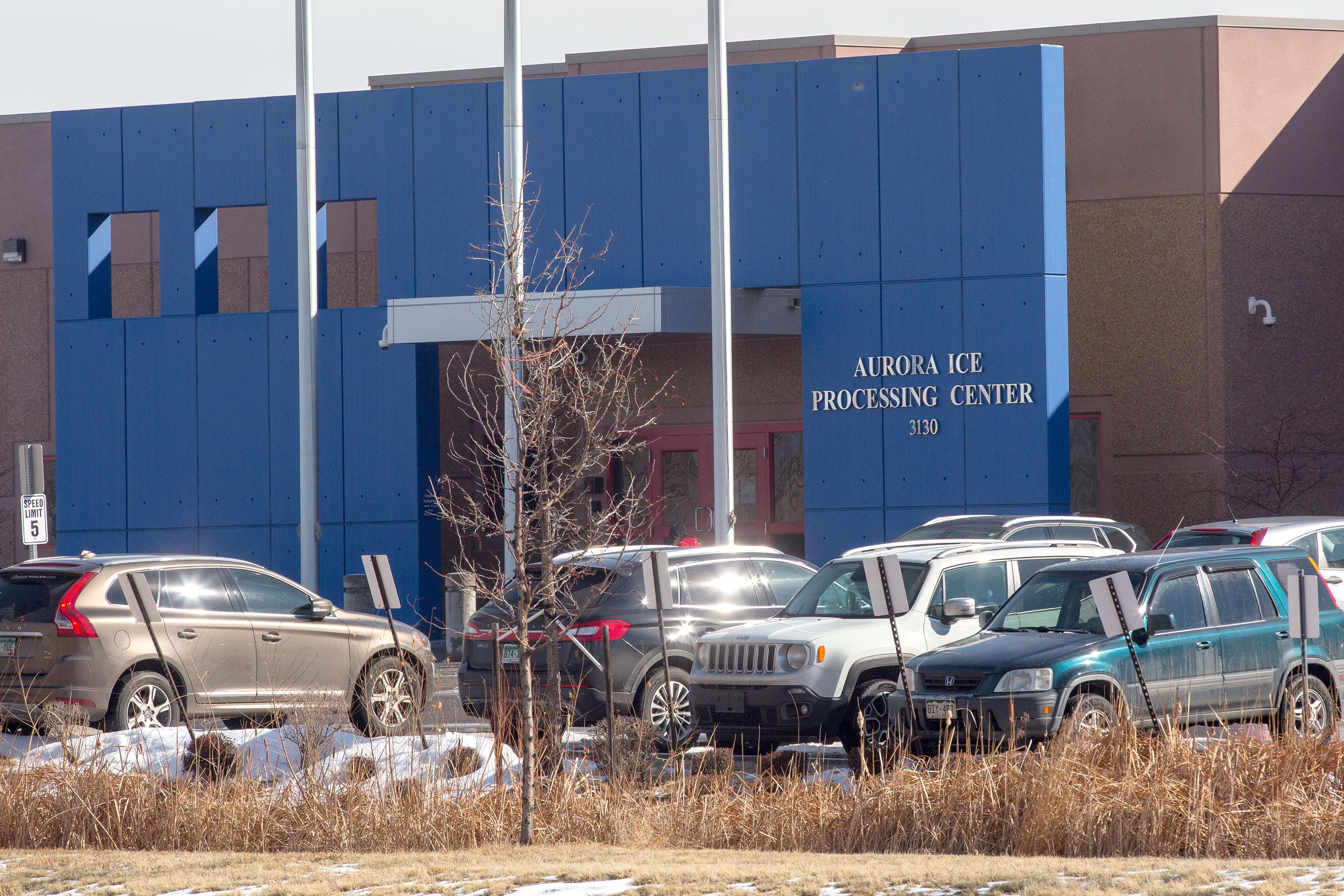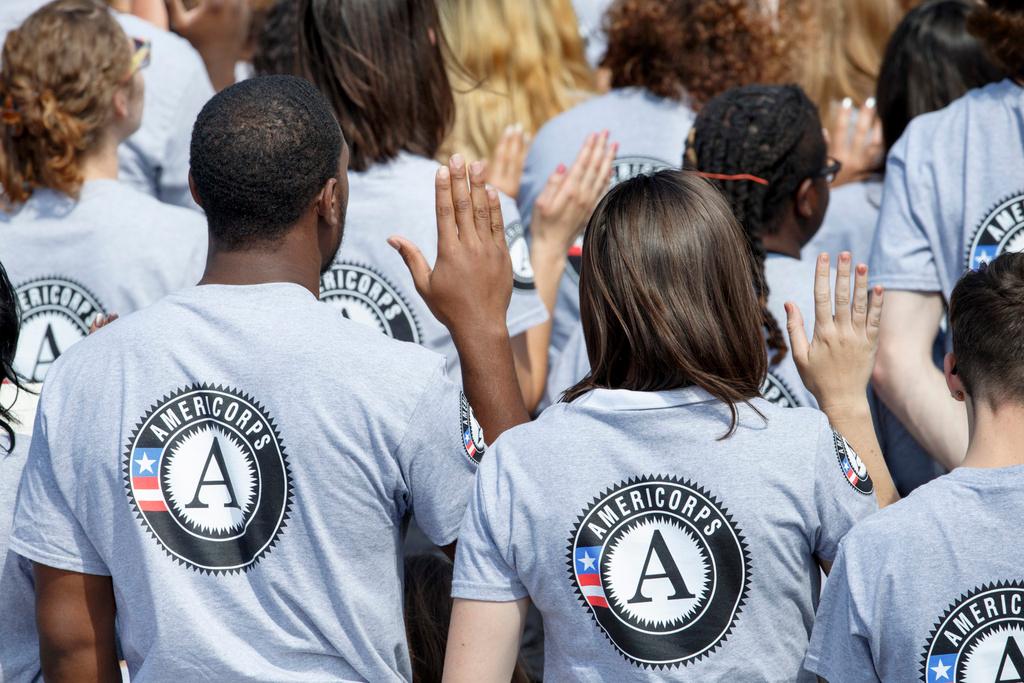
Let's be honest: Building codes aren't thrilling.
Most people aren't too concerned with government standards for insulation or proper electrical wiring. The rules are dense and complicated. And a successful code achieves something essential but mundane: A suite of construction regulations that keep people safe without making it too difficult to build new homes or offices.
In the last few years, however, the arcane engineering and design rules have drawn interest as a potent weapon to tackle global warming. And now Colorado has become the latest state to adopt minimum building standards to advance its climate goals.
On Thursday, the Colorado Department of Local Affairs and the Colorado Energy Office released final versions of new statewide energy codes. In the coming years, almost all local governments will be required to adopt the rules to ensure new buildings are more energy efficient and ready for electric vehicle plugs and solar panels.
"This is a really big step forward for saving people money, reducing energy use and emissions, and ensuring that Coloradans have access to the technologies like electric vehicles," said Will Toor, the director of the Colorado Energy Office.
The new minimum standards won't apply to all municipalities right away. After July 1, a local government must meet or exceed the new standards whenever it updates its building codes or adopt new ones. That also means rare towns without codes won’t be affected.
Those standards contain two main pieces. One is the 2021 International Energy Conservation Code, a set of broad rules to require well-built and well-insulated structures. The standards became the center of controversy after Louisville adopted the code shortly before the Marshall fire destroyed over 1,000 homes in Boulder County. Worried over higher costs, victims managed to win an exception from the new rules.
The second part of the standards requires local governments to meet or exceed a set of new energy codes developed by a state board. Those codes are meant to guarantee new buildings can accommodate solar panels, electric vehicle chargers and home heat pumps without extensive retrofits.
Want more climate solutions from Colorado Public Radio? Sign up for our free climate e-mail newsletter.
Toor said the rules will help Colorado achieve its goals to half overall climate-warming pollution by 2030 and eliminate them by 2050. State data show residential and commercial buildings account for almost 10 percent of Colorado's contribution to climate change, making it the fifth-largest source of emissions behind transportation, electricity generation, oil and gas and heavy industry
One caveat on those numbers: They only account for fossil fuel use in residential and commercial buildings. The total would be higher if the state counted the amount of electricity consumed by buildings, not to mention electricity and fuel consumption in industrial buildings.
Colorado lawmakers ordered the new rules last year through legislation supported by Gov. Jared Polis. After heavy revisions, the bill narrowly survived a vote in the state House amid concerns over increased construction and housing costs. It later sailed through the legislature in the final days of the 2022 session.
Kevin Bommer, the executive director of the Colorado Municipal League, opposed the original legislation over concerns it would further “centralize” responsibilities typically under the authority of local governments represented by his organization. He’s glad the final version doesn’t impose the new codes all at once but wishes it set aside more money for local officials to enact the new standards.
“While some grant funding was made available, the best next step the state could take is to fully fund the mandates created on local governments and their taxpayers,” Bommer said.
Home builders raised concerns the new rules would increase construction costs. In response, Toor pointed toward an analysis from the Pacific Northwest National Laboratory, which found a statewide shift to the 2021 International Energy Conservation Code standards would save an average household $1,200 due to lower energy bills.
Under the same law, the Colorado Energy Code Board will soon begin work on an even stricter "low energy and carbon code" to take effect in 2026.
Those discussions will likely involve the future of natural gas, which federal data shows currently heats about two-thirds of Colorado homes. To reduce emissions, some communities like Denver and Boulder have considered rules to encourage electric alternatives like heat pumps. Crested Butte became the first community in Colorado to ban natural gas hookups in new buildings last year.
Toor said the new state energy code law doesn't allow the state to enact a gas ban, but it could lay out specific requirements for all-electric buildings or gas-and-electric buildings to ensure emission reductions.
"That's probably where you will see some of the bigger changes," Toor said.








